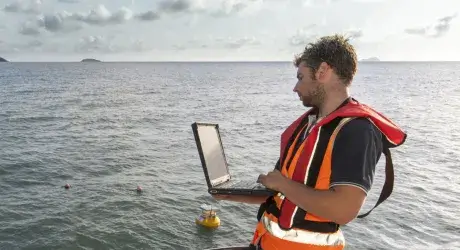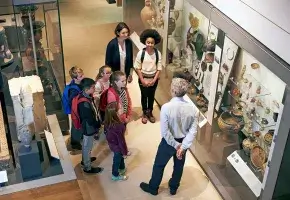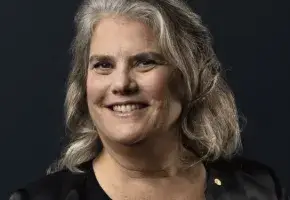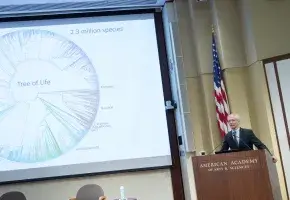
Topic
Science & Technology
Science & Technology
Strengthening the capacity of science and engineering to improve the human condition.
Featured Update

Bulletin
Projects
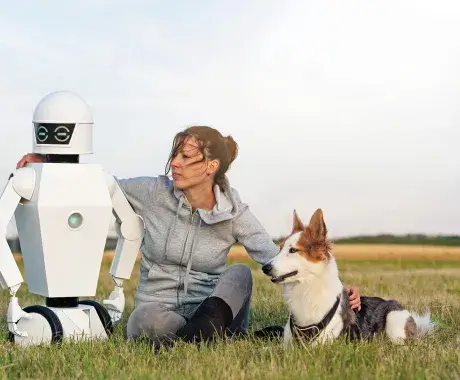
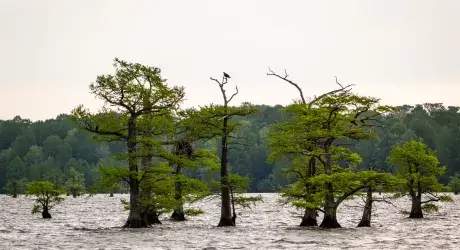
-
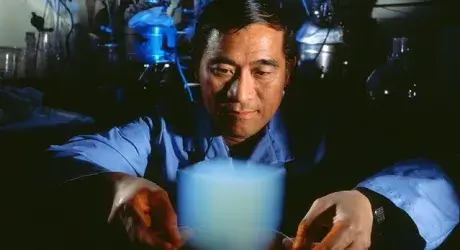
-
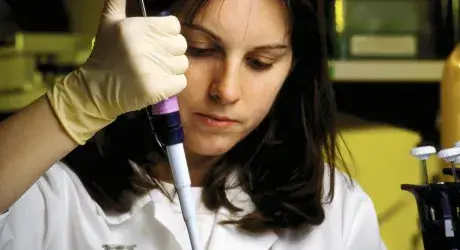
-

-
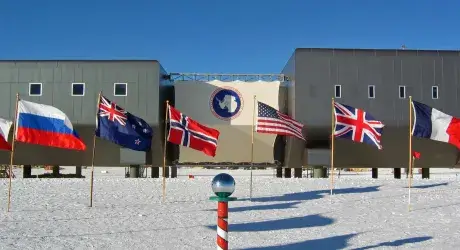
-
View more projects
Projects


Project
Commission on Accelerating Climate Action
Chairs
Mustafa Santiago Ali, Christopher Bower Field, David G. Victor, and Patricia Vincent-Collawn

Project
ARISE II—Advancing Research In Science and Engineering: The Role of Academia, Industry, and Government in the 21st Century
Chairs
Venkatesh Narayanamurti and Keith Robert Yamamoto

Project
ARISE: Advancing Research In Science and Engineering: Investing in Early-Career Scientists and High-Risk, High-Reward Research
Chair
Thomas Robert Cech

Project
New Models for U.S. Science and Technology Policy
Chairs
Norman R. Augustine and Neal Francis Lane

Project
Challenges for International Scientific Partnerships
Chairs
Arthur I. Bienenstock and Peter F. Michelson
Publications
Publications
Report
|
OCT 2023
Forging Climate Solutions
Project
Commission on Accelerating Climate Action
Dædalus
|
Fall 2022
Institutions, Experts & the Loss of Trust
Dædalus
|
Spring 2022
AI & Society
Report
|
FEB 2019
Encountering Science in America
Project
The Public Face of Science

